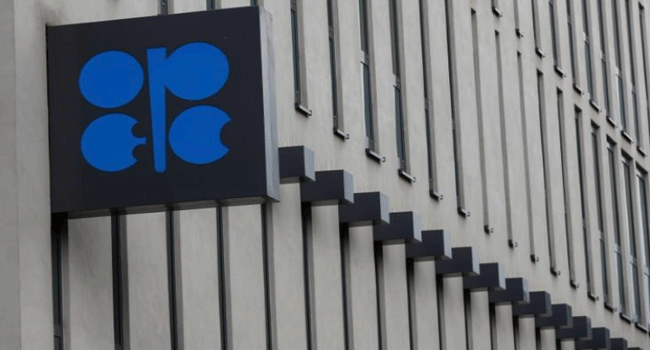Oil prices surged on Monday as OPEC+ kept to its plan to not boost output further, while US and European stocks slumped amid worries over inflation and higher interest rates.
US oil prices soared to their highest level since November 2014 after OPEC and key allies — known as OPEC+ — decided to stick with their planned moderate increase next month, despite the recent surge in prices.
Meanwhile, the price of the main international contract, Brent oil, jumped above $82 a barrel before finishing at $81.26 a barrel.
“The decision by OPEC+ to add the expected 400,000 barrels per day in November triggered a market reaction, as traders are now more boldly coming out from their cautious positions and pricing in a confirmed, tighter supply market,” said Bjornar Tonhaugen, head oil markets at Rystad Energy.
Some economists are worried that sustained oil prices of $80 per barrel could undermine the recovery of the global economy, already under strain from snags in supply chains.
“Producing nations, and namely OPEC+, have to be careful not to allow prices to inflate too much, otherwise we may see an adverse reaction that could negatively impact post-pandemic economic growth,” Tonhaugen said.
Gains in European equities evaporated and US stocks sank as oil prices continued to rise after the OPEC+ announcement.
Analysts pointed to higher yields in government bonds as a drag amid expectations for tightening monetary policy.
The tech-rich Nasdaq led the market lower, slumping 2.1 percent as highflyers such as Amazon and Apple lost around two percent or more.



















